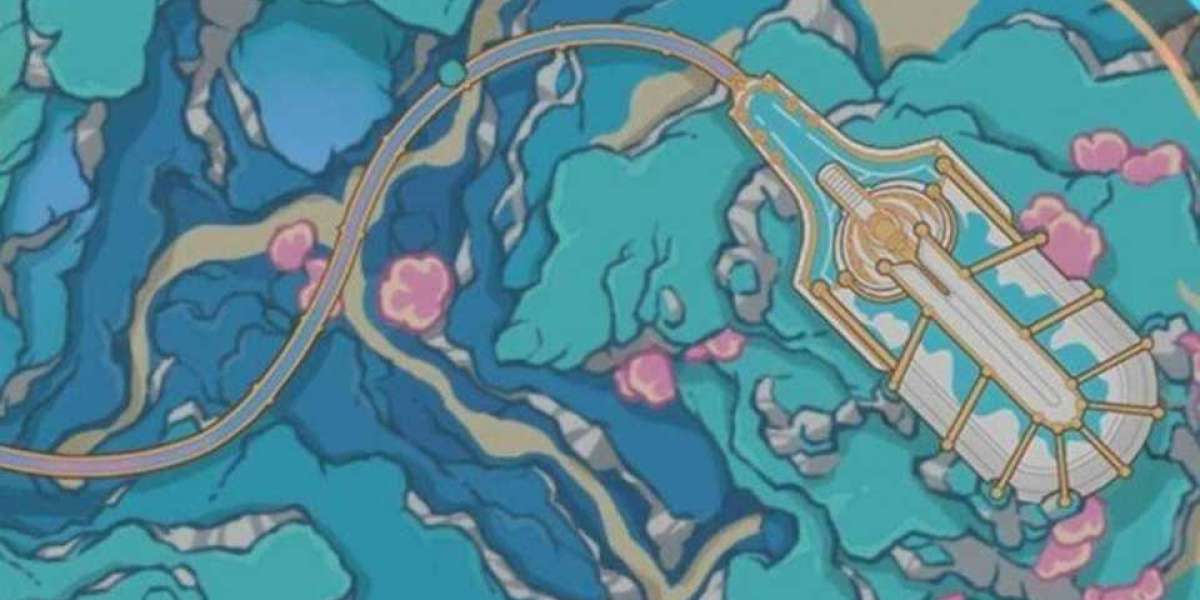In the scorching summer of 1975, a pivotal event unfolded in Vietnam that forever altered the course of history. The fall of Saigon marked the culmination of the Vietnam War, a conflict that had raged on for two decades. The event, which took place in July 1975, was a chaotic and dramatic turning point, eventually leading to the reunification of Vietnam, but at a great cost.
On April 30, 1975, the capital city of South Vietnam, Saigon, was under tremendous pressure. The North Vietnamese Army (NVA) had launched a major offensive, penetrating deep into the southern region. As the NVA advanced, panic and chaos gripped the city, as droves of people desperately sought a way out. The U.S. Embassy quickly became the focal point of anxiety and desperation, as countless Vietnamese families gathered outside its gates, hoping to secure a place on the last helicopters departing Saigon.
Inside the embassy, American personnel, military advisors, and Vietnamese civilians who had worked with the U.S. braced themselves for the inevitable. The atmosphere was tense, as military operations were hastily coordinated to evacuate those deemed at risk of persecution by the communist forces. Helicopters struggled to land, hovering amidst the frenzied crowd, scrambling to load as many people as possible in an attempt to escape from the encroaching enemy.
Meanwhile, thousands of South Vietnamese soldiers, left disillusioned and betrayed by their leadership, faced a grim reality. With supplies dwindling and hope fading, they fought fiercely for their lives in the face of overwhelming odds. Despite their efforts, the NVA's rapid and determined advance left them with little chance of victory.
On April 30, 1975, as the sun began to set, the last American helicopter lifted off from the rooftop of the U.S. Embassy, symbolically leaving Saigon to its fate. The iconic images of people clinging to helicopters, desperately hoping for a salvation that would never come, would forever be imprinted on the world's collective memory.
Shortly after the U.S. departure, the NVA overran the city, marking the end of the Vietnam War. The Fall of Saigon marked not only the fall of a city but also the fall of an era. It signified the failure of U.S. intervention in Vietnam, the loss of countless lives, and the subsequent reunification of Vietnam under communist rule.
The events of July 1975 would have lasting repercussions, both for Vietnam and for international politics. It served as a painful reminder of the cost of war and the devastating consequences that follow. Decades later, the Fall of Saigon remains a vivid reminder of the complexities and tragedies that defined the Vietnam War.



